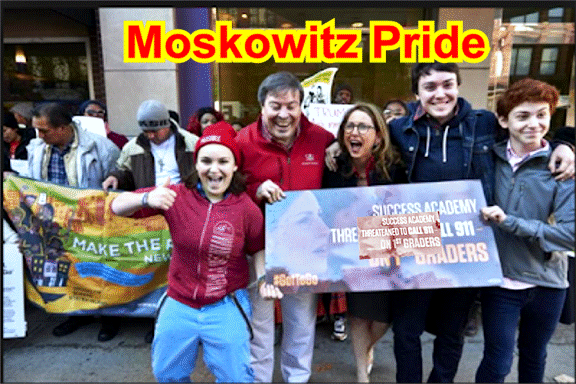Time’s 2018 Person of the Year? How about the American teacher?
President Trump has said he can’t imagine anyone but himself as Time magazine’s Person of the Year.
I can.
In the past, Time has made entire groups of people the winner.
In 2003, it was “The American Soldier,” honoring U.S. troops around the world, especially those fighting in Iraq.
In 2006, it was “You," representing the millions of people around the world who create things on the Internet.
In 2011, it was “The Protester,” representing the many protest movements around the world.
In 2017, it was “The Silence Breakers,” representing both women who spoke out against sexual harassment and leaders of the #MeToo movement.
In American education, 2018 has been the year of the teacher.
It was this year that long-timid American teachers stood up by the tens of thousands in a handful of states to strike for better pay and for more funding for sorely under-resourced schools. The strikes were largely in Republican-led states, and led by teachers rather than their unions.
They followed years of plummeting morale among teachers because of what they saw as oppressive federal Continue reading: Time’s 2018 Person of the Year? How about the American teacher? - The Washington Post




































